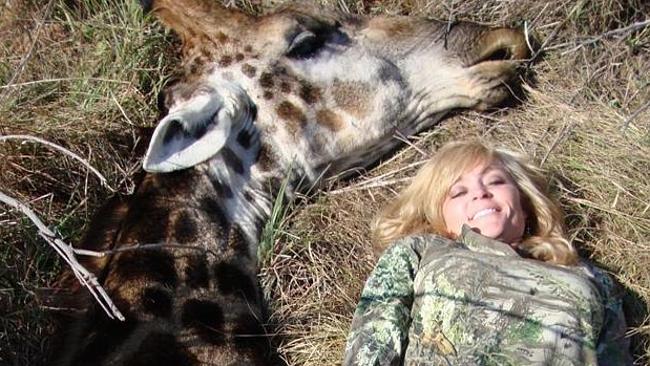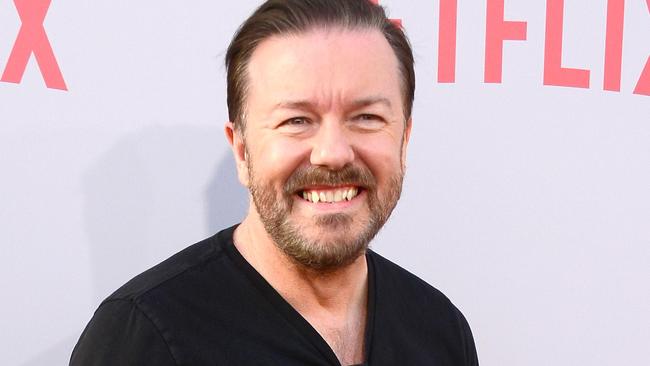South African National Parks evaluating drones as anti-poaching measure
IN the hope of stemming a growing trend of illegal poaching in South Africa, one conservation authority has taken to the skies.

IN the hope of stemming the growing trend of illegal poaching in South Africa, a conservation authority has taken to the skies.
South African National Parks recently announced it was evaluating the use of drones as an anti-poaching measure.
“We expect the technology to improve our response time in dealing with incidents,” SANParks board chair Kuseni Dlamini said in a release.
The director of the South African drone company involved in the project said he expected the drones would be most effective at catching poachers operating under the cover of darkness.
“For 12 hours of darkness poachers can run about without risk,” Otto Werdmuller Von Elgg told Motherboard.
“It’s dangerous to fly aeroplanes and helicopters at night, but drones can use infra-red cameras to monitor what’s going on.”
Von Elgg said the knowledge that drones were performing surveillance of the area would worry potential poachers.
“The visible policing aspect of drones is huge,” he said.
“If we actually find a poacher that’s great, but when we fly drones over an area the poachers no longer have a chance to run around with impunity at night. That’s a great deterrent.”

In addition to finding a drone powerful enough to carry surveillance equipment over long distances and agile enough to navigate through bushland, conservationists have one major factor they must overcome.
In May last year, the South African National Civil Aviation Authority (SACAA) made it illegal to fly unmanned aerial vehicles with cameras in South African airspace.
Those caught illegally flying drones face a maximum fine of $AU5400 or 10 years in prison, so it’s no wonder conservation groups are treading carefully.
However, this may soon change.
The SACAA is currently in talks with South African Minister of Transport to change the legislation which would allow drones to be used by commercial organisations, corporations and non-profit groups.
While conservation groups are excited by this development, not all agree.
Ecologist Dr Bob Smith suggests the use of drones will only alienate locals and won’t achieve the desired result.
“Stopping poaching is a long-term, complicated process,” he told Motherboard.
“It involves training and equipping field staff, developing intelligence networks and building effective legal systems. Drones are being sold as a quick technological fix, but they could end up an expensive distraction.”
In related news the ongoing practice of animal hunting has come under fire recently thanks to actor and comedian Ricky Gervais who tweeted about his disgust for hunters.




